Description
Grain Moisture Meters in Kampala: Accurate Moisture Measurement for Optimal Grain Quality
Grain moisture meters are essential tools for farmers, traders, and food processors in Kampala who handle and store grains such as maize, wheat, rice, beans, and more. Measuring the moisture content of grains accurately ensures quality preservation, reduces spoilage risks, and helps maintain the value of stored crops. If you’re looking for reliable grain moisture meters in Kampala, this comprehensive guide will help you understand the benefits, key features, and where to find the best products in the city.
Why Grain Moisture Meters Are Important
The quality and longevity of stored grains largely depend on their moisture content. If the moisture level is too high, it can lead to mold growth, spoilage, or insect infestation, causing a loss in both quality and quantity. On the other hand, grains that are too dry may suffer from weight loss and a decrease in overall market value. Grain moisture meters provide precise measurements, allowing users to make informed decisions regarding drying, storage, and processing.
In Kampala’s diverse agricultural market, where grains are a key commodity, having access to accurate moisture meters is crucial for achieving optimal storage and preventing unnecessary losses.
Key Benefits of Using Grain Moisture Meters
- Accurate Moisture Measurement:
- Grain moisture meters provide real-time, precise readings, ensuring that you know the exact moisture content of your grains. This helps in avoiding spoilage and maintaining grain quality during storage and transportation.
- Improved Storage Decisions:
- With the right moisture level, grains can be stored safely for extended periods. Accurate measurements guide you in deciding when to dry or store the grains, reducing the risk of mold and other issues.
- Increased Profitability:
- By maintaining the ideal moisture content, you preserve the weight and quality of the grains, which translates into higher profits when selling or processing them.
- Ease of Use:
- Modern grain moisture meters are designed to be user-friendly. With clear digital displays and simple controls, they are easy to operate, even for those new to moisture testing.
- Portability and Durability:
- Most grain moisture meters are lightweight and portable, making them convenient for use in the field, warehouse, or processing plant. Their robust construction ensures they can withstand harsh conditions.
Features to Look for in a Grain Moisture Meter
When selecting a grain moisture meter in Kampala, consider the following features to ensure you choose a model that suits your specific needs:
- Measurement Range:
- Different grains have varying moisture content requirements. Ensure that the moisture meter you choose has a measurement range that covers the types of grains you handle.
- Accuracy and Calibration:
- Look for meters with high accuracy levels and the ability to calibrate for different grain types. Some models allow you to adjust the calibration settings to match local conditions.
- Digital Display:
- A clear digital display makes it easy to read measurements quickly and accurately. Backlit screens are an added advantage, especially for use in low-light conditions.
- Data Storage:
- Advanced grain moisture meters come with data storage capabilities, allowing you to record multiple readings over time. This feature is particularly useful for tracking moisture levels during the drying process.
- Portability:
- A portable, lightweight design makes it easier to carry the meter around your farm, warehouse, or processing plant.
- Multi-Grain Compatibility:
- Choose a meter that can test multiple types of grains, such as maize, wheat, rice, and beans. This versatility ensures you can use the device for various crops without needing multiple meters.
- Durability and Battery Life:
- Opt for models that are built to withstand tough environments and have long-lasting battery life. Rechargeable options are also available for added convenience.
Popular Types of Grain Moisture Meters Available in Kampala
- Portable Grain Moisture Meters:
- These are handheld devices that provide quick and accurate readings. They are ideal for field use and come with digital displays that show results instantly.
- Digital Grain Moisture Meters:
- Digital models offer higher precision and often come with additional features such as temperature measurement, data storage, and calibration settings.
- In-line Moisture Meters:
- In-line meters are typically used in processing plants and larger storage facilities. They are integrated into the grain handling system and provide continuous moisture monitoring.
- Capacitance Moisture Meters:
- These meters work by measuring the capacitance of the grain sample, offering high accuracy and repeatability. They are suitable for use in both small-scale and large-scale operations.
Where to Buy Grain Moisture Meters in Kampala
Kampala has a range of suppliers offering quality grain moisture meters to meet various needs. Some of the top places to purchase include:
- Agricultural Supply Stores:
- Shops specializing in agricultural equipment often carry a selection of grain moisture meters. Look for reputable suppliers to ensure you get authentic and high-quality products.
- Electronic Equipment Retailers:
- Stores dealing in electronic measuring equipment may also stock grain moisture meters. They can offer different models with varying features.
- Local Distributors and Dealers:
- Some local distributors specialize in agricultural tools and equipment, offering competitive prices and after-sales support.
Tips for Using Grain Moisture Meters Effectively
- Calibrate the Meter:
- Before taking measurements, ensure the meter is calibrated according to the grain type and environmental conditions.
- Take Multiple Readings:
- For more accurate results, take multiple readings from different parts of the grain sample and calculate the average.
- Avoid Contaminated Samples:
- Make sure the grain sample is clean and free from debris to avoid affecting the accuracy of the measurements.
- Store the Meter Properly:
- Keep the device in a dry, dust-free environment when not in use. Regular maintenance and battery checks will prolong its lifespan.
Final Thoughts
Grain moisture meters are indispensable tools for anyone involved in grain production, storage, and processing in Kampala. With a wide variety of models available, from portable handheld devices to advanced digital meters, there is a solution for every need. Understanding the key features and benefits will help you choose the best grain moisture meter to maintain grain quality and maximize profitability.
Explore the options available in Kampala’s agricultural equipment market, and invest in a reliable grain moisture meter to enhance your grain handling and storage practices.

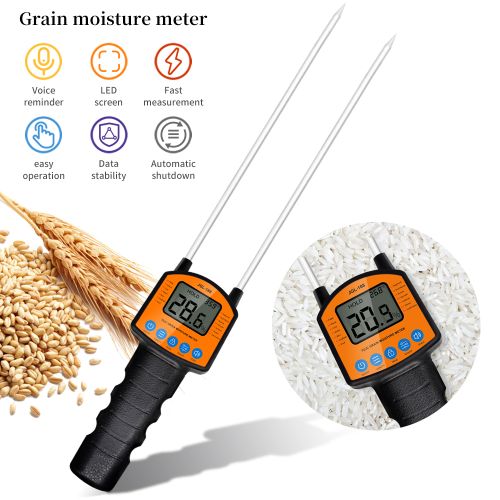
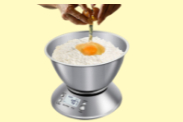
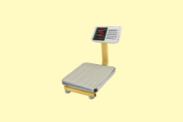
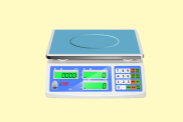
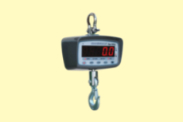
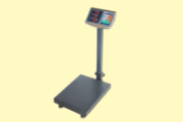
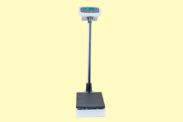
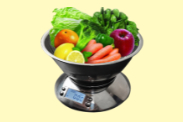
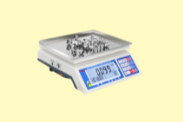
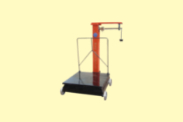
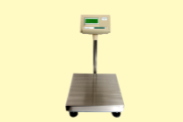
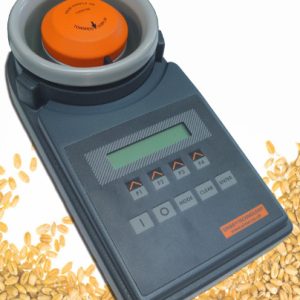
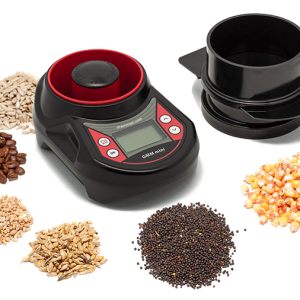
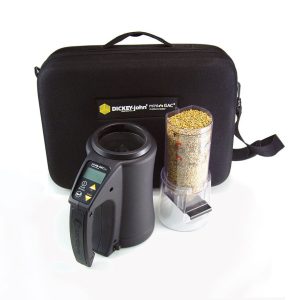
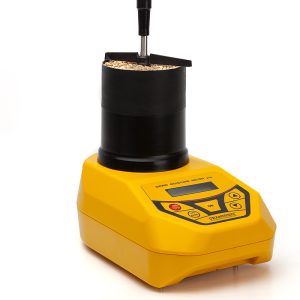
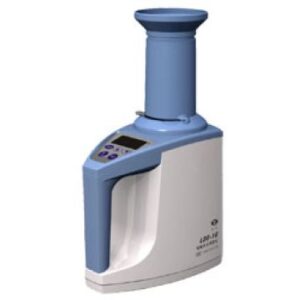



Reviews
There are no reviews yet.